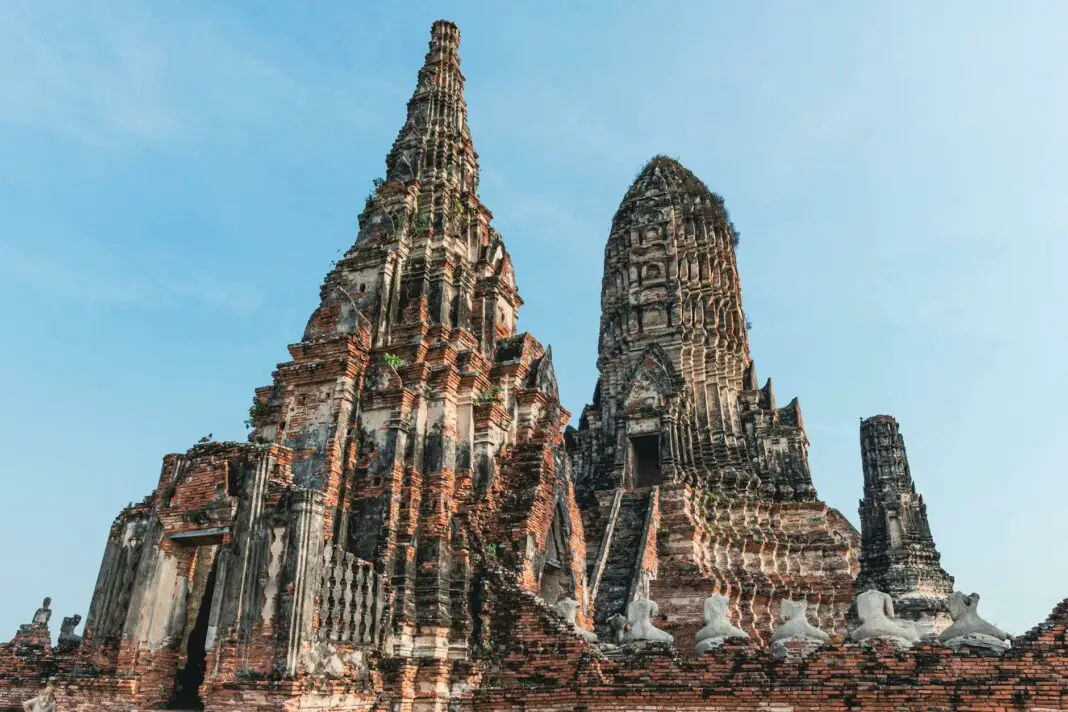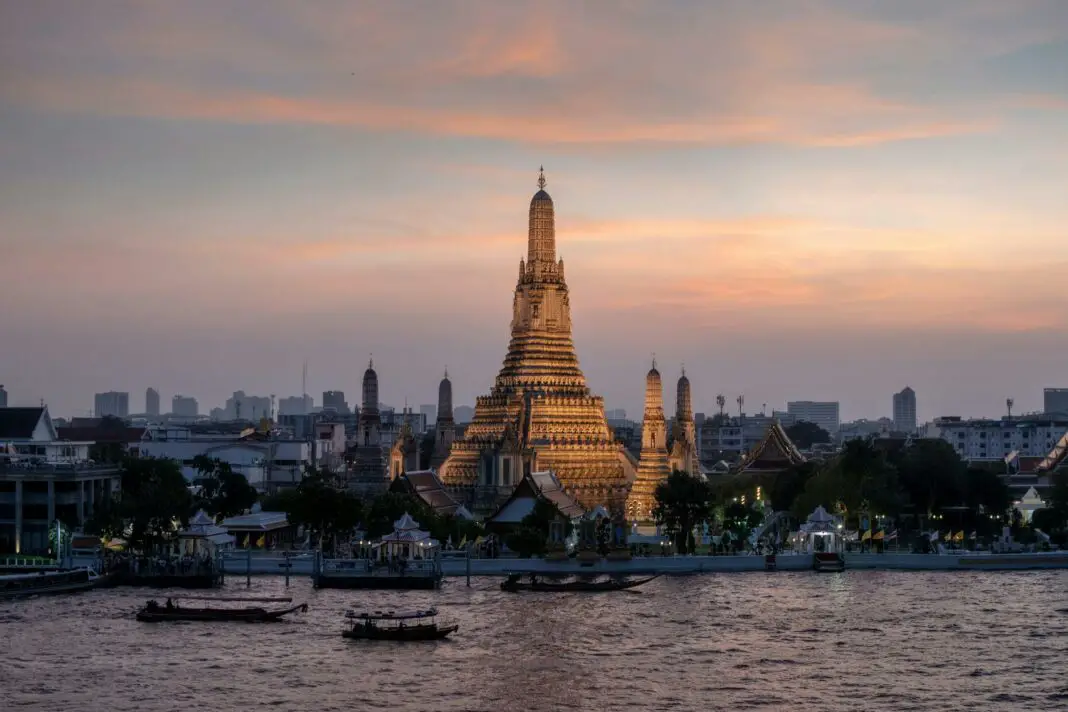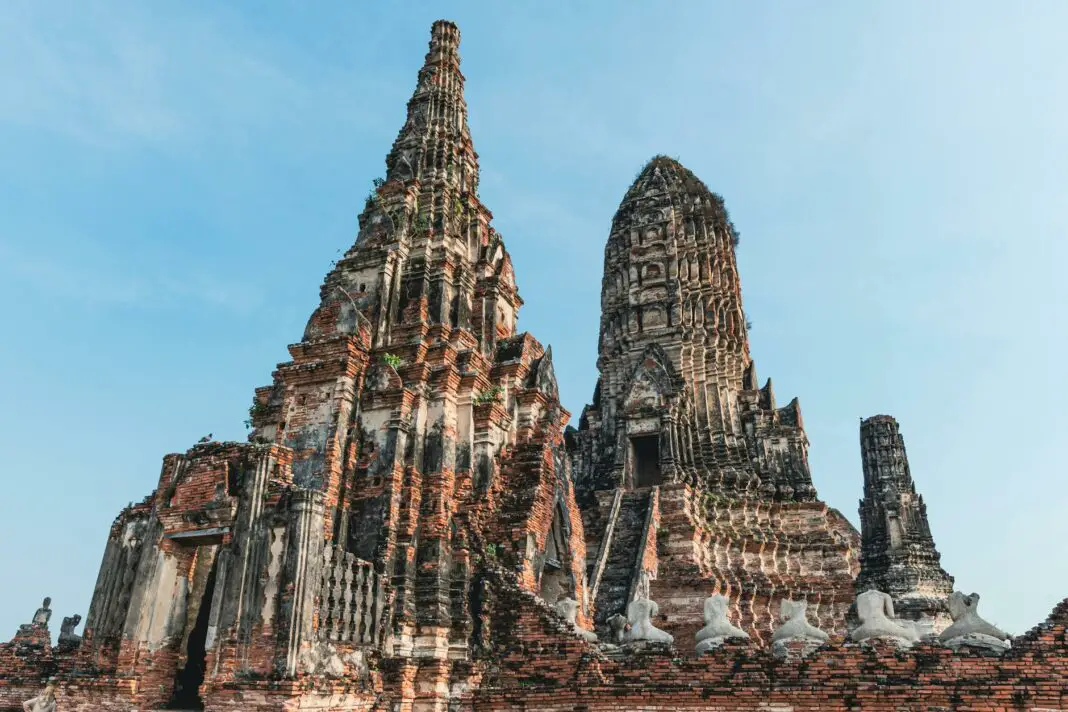Discovering Buddhism in Thailand: A Journey Worth Taking
Embarking on a trip to Thailand opens doors to a realm rich in culture, spirituality, and historical significance. This Southeast Asian gem is not only a feast for the senses with its aromatic street food and vibrant markets but also serves as one of the most immersive places to understand Buddhism. Is Thailand really the best place to discover Buddhism? As the birthplace of stunning temples, serene meditation practices, and a living community of monks, Thailand embodies the essence of this peaceful philosophy like no other.
When you step into the world of Buddhism in Thailand, every corner holds a lesson, every temple tells a story, and each encounter can transform your perspective. This blog delves into why Thailand is not just a travel destination but a spiritual awakening, enriching both the body and soul. From the iconic landmarks that resonate with centuries of tradition to the tranquil moments spent meditating in lush surroundings, this journey into Buddhism is one that travelers cherish for a lifetime.
Table of Contents
- Cultural Significance of Buddhism in Thailand
- Temples and Monasteries You Must Visit
- Engaging with Local Experiences
- Meditation Practices and Retreats
- Travel Tips for Your Spiritual Journey
- The Ultimate Spiritual Destination
- FAQs
Cultural Significance of Buddhism in Thailand
When exploring the cultural landscape of Thailand, Buddhism stands as a foundational pillar, deeply woven into the societal fabric. The vast majority of the population practices Theravada Buddhism, leading to a lifestyle soaked in respect, mindfulness, and community spirit. This way of life is manifested in the daily rituals observed both in the urban bustle of Bangkok and the serene backroads of Chiang Mai, where every temple visit is typically accompanied by offerings and chants. The festivals, such as Loy Krathong and Songkran, reflect Buddhist teachings of karma and merit-making, creating a fascinating interplay between civic life and religious tradition.
One cannot ignore the vibrant atmosphere during these festivals, where locals and tourists come together to celebrate and express their devotion. These festivities not only highlight the prominence of Buddhism but also present opportunities for travelers to witness the generosity and kindness central to Buddhist values. Engaging with local communities during these times offers travelers a unique lens through which to view the living, breathing embodiment of Buddhism in action—instilling in them a sense of reverence and connection to something greater.
Temples and Monasteries You Must Visit
Thailand is home to countless awe-inspiring temples, each one a testament to the artistry and dedication of Buddhist architecture. Among these, Wat Phra Kaew, located in the heart of Bangkok, stands proud as the Temple of the Emerald Buddha and is a must-visit for any traveler. The intricate designs, shimmering mosaics, and historical significance draw visitors in, serving as a bastion of Thailand’s spiritual heritage. Similarly, the White Temple, or Wat Rong Khun, in Chiang Rai captivates a modern audience with its unique contemporary design, blending traditional motifs with striking visuals that provoke thought and contemplation.
Other notables include the serene Wat Pho, famous for its Reclining Buddha, which offers visitors not only splendor but also a space for quiet reflection. In the northern territories, Wat Doi Suthep provides a stunning panoramic view of Chiang Mai, alongside its sacred iconography, encouraging meditation and connection to nature. Each temple is distinct yet shares common threads—an invitation to explore one’s spirituality and to understand the significance of Buddhist teachings, fostering deeper appreciation and introspection.
Engaging with Local Experiences
Traveling in Thailand presents a plethora of opportunities to engage with locals and immerse oneself in the daily practices of Buddhism. Many temples offer monk chats, providing visitors with a chance to converse with monks about their lives, beliefs, and experiences. These dialogues can challenge one’s views, prompt personal reflections, and forge meaningful connections across cultural divides. Participating in these chats allows for the exchange of wisdom and fosters mutual understanding—a foundational aspect of Buddhist teachings.
Additionally, visitors may partake in ‘almsgiving’ ceremonies where locals offer food and necessities to monks, illustrating the symbiotic relationship between the lay community and those dedicated to spiritual pursuits. Engaging in these experiences creates a layer of authenticity, allowing travelers a unique glimpse of daily Buddhist life and establishing a sense of belonging and gratitude. Such interactions not only enhance the travel experience but also nurture personal growth and awareness.
Meditation Practices and Retreats
For those seeking deeper engagement with Buddhism, meditation retreats are abundant across Thailand, providing a serene atmosphere for self-discovery and reflection. Many centers offer programs ranging from a weekend getaway to week-long immersions, catering to practitioners of all levels. Retreats, such as those at Wat Suan Mokkh in Chaiya or the Mahasi Meditation Center in Bangkok, focus on mindfulness practices designed to cultivate inner peace and self-awareness, guiding participants through the fundamentals of meditation in stunning natural settings.
These retreats often encourage digital detoxes and provide a structured yet flexible environment for personal transformation. Participants learn how to breathe, observe thoughts, and practice compassion—a journey of rediscovering oneself amidst Thailand’s breathtaking landscapes. The profound silence found in these retreats, coupled with the gentle guidance of experienced teachers, fosters a rare opportunity for participants to confront their own thoughts and feelings, leading to breakthroughs and profound realizations.
Travel Tips for Your Spiritual Journey
To maximize your experience while exploring Buddhism in Thailand, consider some practical travel tips that will enhance your spiritual journey. First, dress modestly when visiting temples, as respecting local customs is crucial to a positive experience. Loose-fitting attire covering shoulders and knees is essential for maintaining decorum. Secondly, learning basic Thai phrases can significantly improve interactions with locals, fostering goodwill and connections that go beyond mere tourism.
Don’t hesitate to participate in local workshops on Buddhist practices, which often include teachings on meditation or ethical living. Engaging in community activities provides deeper insight into local culture and strengthens bonds with the community, enriching your understanding of Buddhism beyond theoretical knowledge. Lastly, allocate some time for personal reflection—whether in a park, temple, or café—to internalize your experiences and cultivate a more profound sense of gratitude and awareness throughout your travels.
The Ultimate Spiritual Destination
In conclusion, the question of whether Thailand stands out as the premier destination for discovering Buddhism finds its answer within the myriad of experiences the country has to offer. With its captivating temples, rich cultural fabric, and the opportunity to engage with local communities, there is no doubt that a trip here can be transformational. The essence of Buddhism is vibrantly alive in Thailand, and every moment spent exploring its shores brings you closer to understanding profound teachings that touch the heart.
This beautiful country not only showcases the artistic grandeur of its sacred sites but also welcomes travelers into a lifestyle infused with mindfulness and serenity. As you wander through the breathtaking landscapes, connect deeply with local traditions, and perhaps find a piece of enlightenment, you will likely leave Thailand transformed, with a renewed appreciation for life and its greater mysteries waiting to be unravelled.
FAQs
Is Buddhism the main religion in Thailand?
Yes, Buddhism is the predominant religion in Thailand, with about 95% of the population practicing Theravada Buddhism, influencing all aspects of cultural life.
What are the best temples to visit in Thailand?
Some of the most famous temples include Wat Phra Kaew in Bangkok, Wat Pho with its Reclining Buddha, and Wat Doi Suthep in Chiang Mai. Each offers unique insights into Thai Buddhism and stunning architecture.
Can I participate in meditation retreats as a beginner?
Absolutely! Many meditation retreats in Thailand cater to beginners, providing instruction and supportive environments for all levels of practitioners.
What should I wear when visiting temples in Thailand?
It is important to dress modestly. Visitors should wear clothing that covers the shoulders and knees to show respect when entering sacred spaces.
How can I connect with local monks or participate in almsgiving?
In many areas, visitors can find temples that facilitate monk chats or offer almsgiving opportunities, providing authentic experiences to learn about Buddhist practices directly from the community.
Image Credit: Pexels





